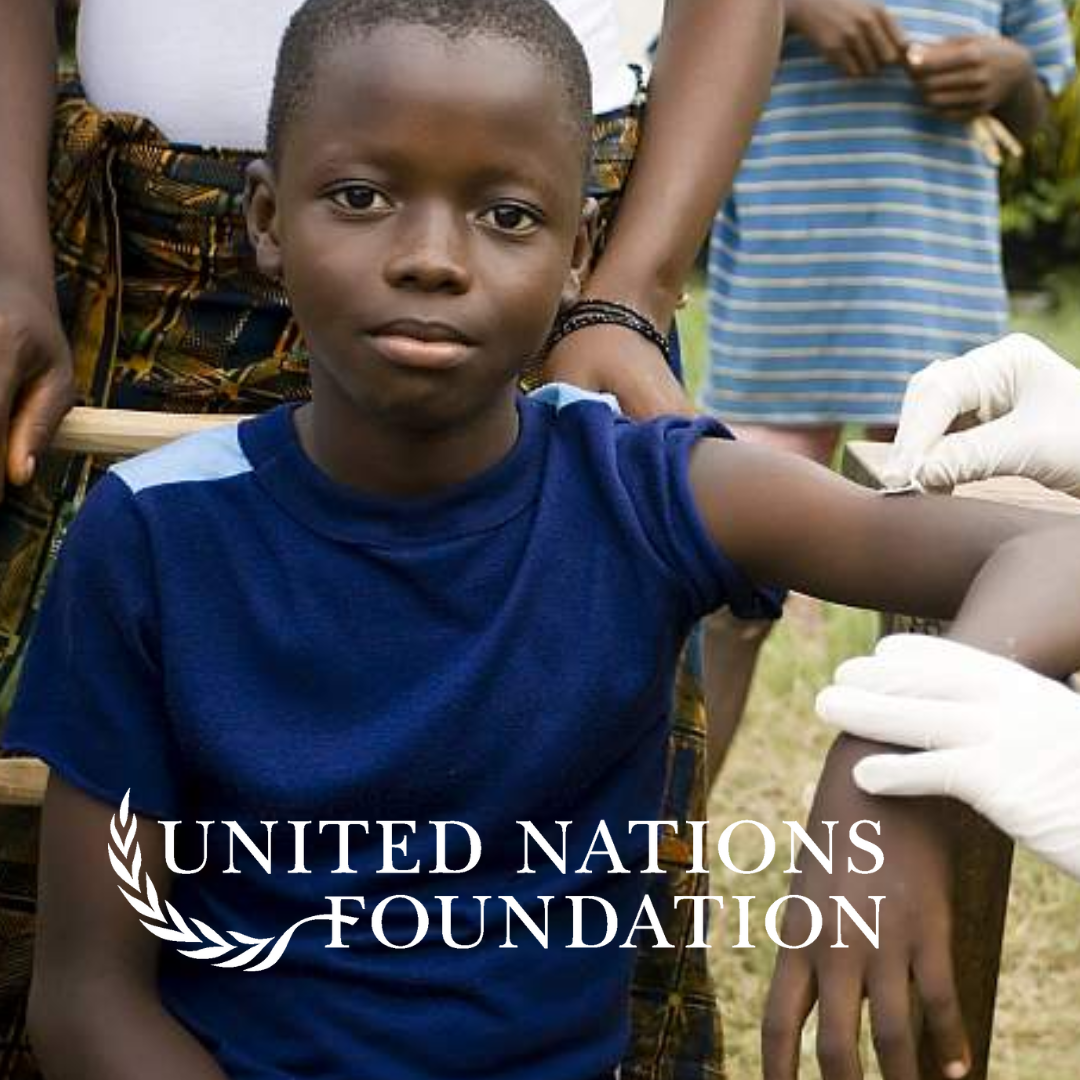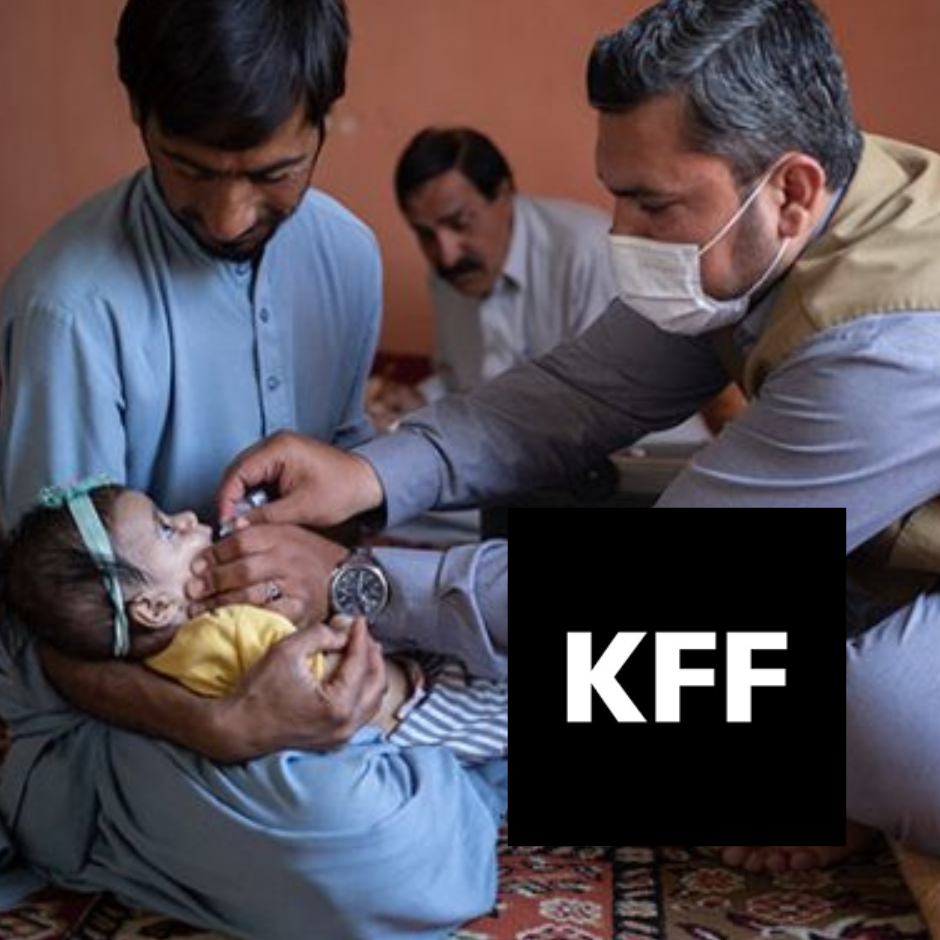Among the lessons of the COVID-19 pandemic, the world was reminded that disease knows no borders. What may begin as a mild cough in a single classroom can quickly turn into a public health outbreak thousands of miles away. And while COVID-19 was the most recent pandemic, it won’t be the last.
Fortunately, we have tools, talent, and some very hard won wisdom to address the global spread and impact of infectious disease. We also have the World Health Organization — the largest global health body and the only institution with the collective expertise and worldwide reach to help coordinate, prepare for, mitigate, and manage health crises.
After all, when disease knows no borders, our solutions need to be just as expansive.
Planning for the Next Global Health Emergency
In the wake of some of the hardest months of the COVID-19 pandemic, all 194 countries that comprise WHO convened the second-ever “special session” of the World Health Assembly. Their December 2021 gathering aimed to explore how WHO could best enshrine lessons learned from the pandemic to advance smart policy and sound prevention measures.
As a result of the meeting, participating countries unanimously agreed to establish an International Negotiating Body (INB) to pursue development of a new international agreement t0 strengthen pandemic prevention, preparedness, and response.
Since that time, the Member State-led INB has been busy debating ideas and discussing potential text of a new international agreement. Under the premise that “nothing is agreed until everything is agreed,” the INB’s work has resulted in preliminary drafts that continue to evolve. The U.S. is an active member of the INB, which is co-chaired by the Netherlands and South Africa. In parallel, nations are also working through a process of aligning on targeted amendments to the IHR to ensure that these international instruments are complementary and drive toward the same goal of global population health.
So while these processes are not yet final, America remains engaged — because having a seat at the table means having a hand in the outcome.


